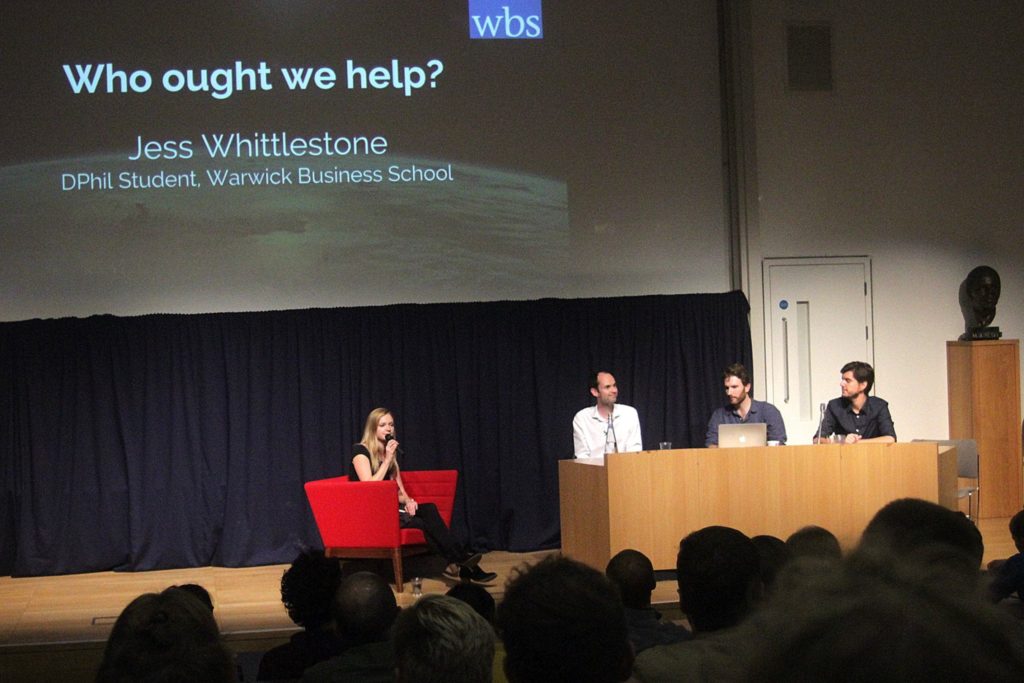Is nursing or headhunting the best career for you?

Read our full review of nursing.
Read our full review of executive search.
One of the most frequent criticisms of our career recommender is that it usually recommends highly competitive options that are beyond the reach of most people. Furthermore, it disproportionately recommends careers for people with strong mathematical skills.
To begin to address this we have written two shallow career reviews of options that are both less competitive and less quantitative – nursing and executive search (also known as headhunting). Both are primarily ‘earning to give‘ careers.
Try our career recommender to get personalised career ideas.
Join our newsletter for regular updates about all our new career reviews.
What were the bottom lines?
- is quite well paid in some countries, with a low risk of unemployment
- provides a launching pad for a career in medical management
- is satisfying work for most nurses, with flexibility around hours, though nurse ‘burn out’ at unusually high rates
- offers the opportunity to study advanced nursing degrees which are even better paid.
On the other hand,
- we expect more nurses in the developed world will improve health outcomes only a small amount
- we are cautious about recommending a nursing degree to high-school leavers because it won’t be much use to them if they decide not to become nurses –

















